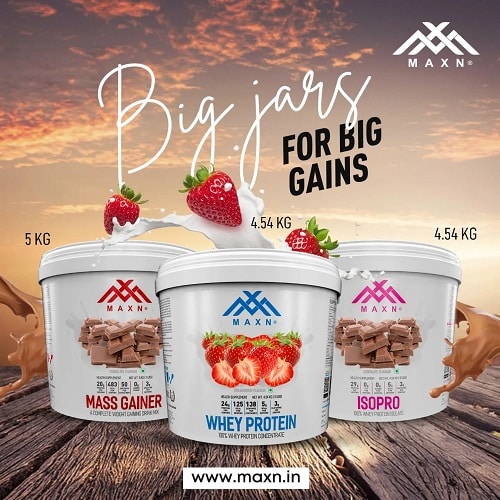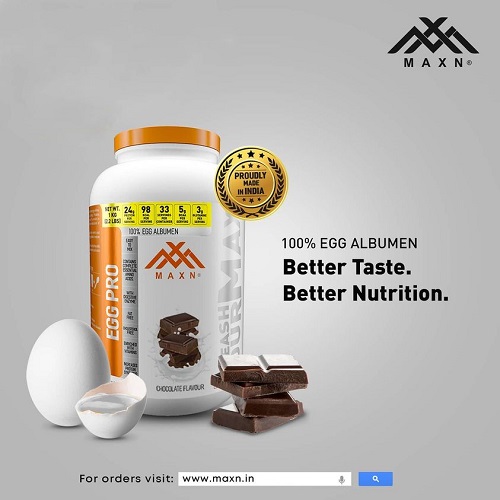How do I choose a good quality whey protein powder?
People tend to assume that eating only meals and snacks can easily meet their protein, calorie, and other nutritional needs. But, unless you’re gorging on copious amounts of meat every single day, you’re probably not having enough!
A good-quality organic whey protein powder is one of the best solutions and a simple way to ensure your body is well-nourished and satiated. Fitness fanatics use them for several goals, such as weight loss, enhanced athletic performance, preservation of strength and vitality, development of lean muscle mass, and general well-being.
With so many varied whey protein powder supplements available, it can be difficult to choose the ideal one. Below are listed some considerations that’ll help you choose the best whey protein powder.
Quality of the protein
The quality of the protein must be your priority when choosing a good-quality whey protein. A complete protein has added digestive enzymes to speed up digestion and enhance gut health, as well as enough branched-chain amino acids (BCAAs) for rapid muscle repair.
The nutrition experts from MAXN , a health and wellness supplement company suggests, that the best whey protein powder must also have a third-party certified seal to confirm that the contents listed on the label and their quantities correspond to what is actually in the protein powder.
Plant-based vs. animal protein
Next, you must decide whether you want a plant-based or animal-based protein. Animal-based proteins can be divided into two categories: (1) milk-based protein sources (i.e., whey and casein), and (2) other animal protein sources (i.e., egg, collagen, meat-based, and bone broth). If you’re a vegan you can go for plant-based proteins like soy, hemp, rice, and pea proteins.
Processing method
Whey protein powder comes in a variety of well-liked forms. The fundamental contrast between them is how they were processed.
- Concentrate: It’s the best-tasting protein, comprising between 70-80% lactose (milk sugar) and some fat.
- Isolate: A highly filtered version of whey protein with approximately 90% protein and less than 1% lactose, as well as fewer calories, fats, and carbs than whey concentrate.
- Hydrolysate: Also called hydrolyzed whey, this pre-digested whey protein has a faster absorption rate. Compared to isolating, it increases insulin levels by 28–43%.
Intolerances and sensitivities
You must stay away from protein powders with ingredients to which you’re sensitive or intolerant. Say, if you have a dairy or egg intolerance, go for a plant-based protein powder. If you have digestive problems, more processed choices, such as isolates and hydrolysates, will be better for your stomach. Powders without artificial sweeteners, dextrins, or maltodextrins are preferable for individuals with inflammatory bowel disease or lactose intolerance. Choose gluten-free powders if you’re allergic to gluten and lactose-free powders if you’re lactose intolerant.
Fitness Goals
Here are some general recommendations based on fitness goals:
- Weight/Fat Loss: If you’re trying to shed pounds, check the protein-to-calorie ratio of your protein powder. The best protein powder for weight loss will have a higher protein content and a lower fat and carbohydrate content.
- Weight Gain: The best whey proteins for weight gain will be those that are high in protein, carbohydrates, and fat.
- Muscle Gain: Build muscle by utilizing a whey protein with a higher absorption rate and the right proportion of macronutrients and amino acids. We recommend MAXN’s best whey protein for muscle gain, recovery, and strengthening. The product has 13 flavor varieties, including strawberry and cappuccino.


















